Katrina Santos
Duality of The City (Iligan City,
Philippines)


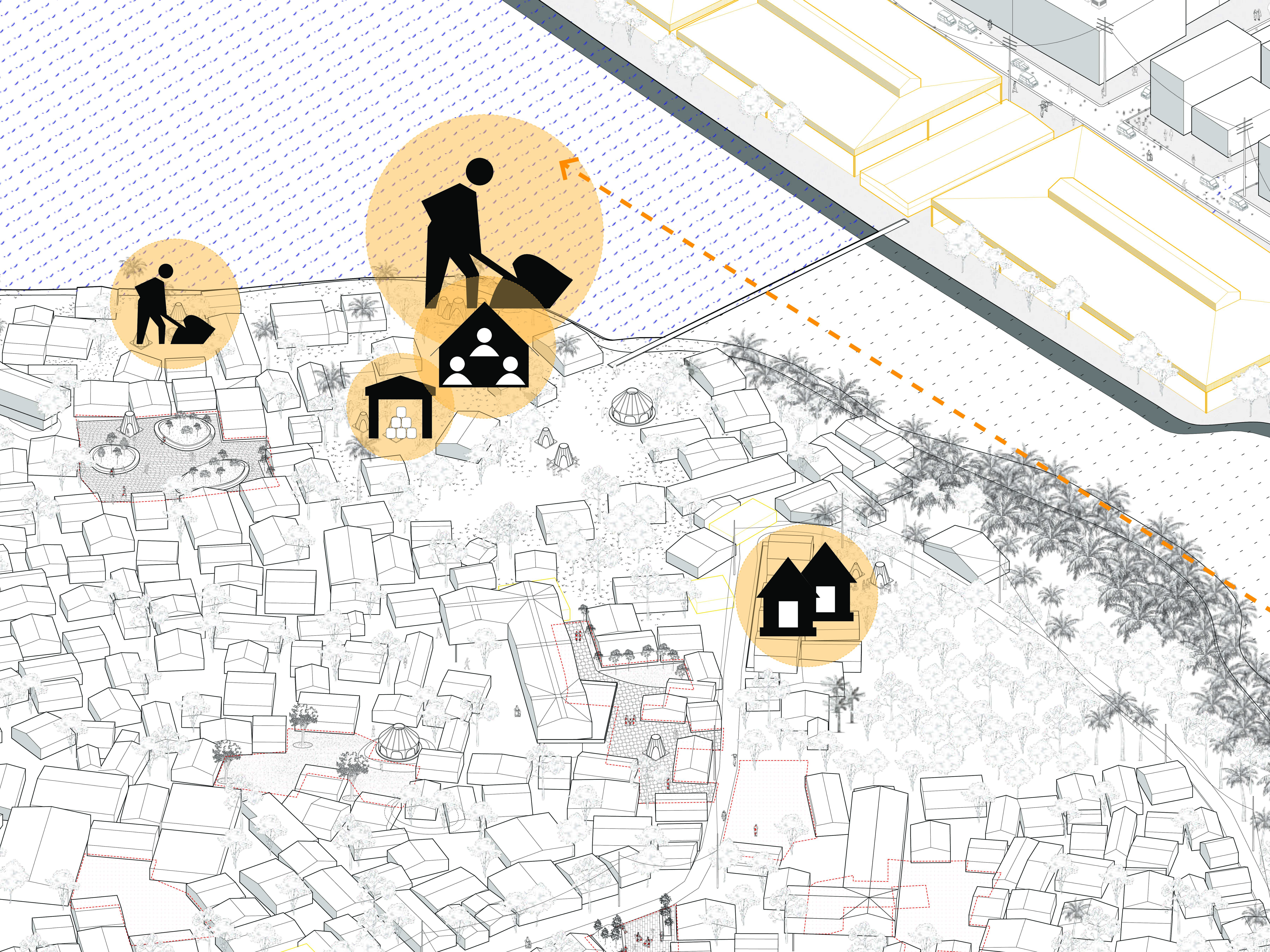
This project examines the duality of the city. Looking at the city of Iligan, this project examines the rich dynamism and chaos that exists within its cultural and historical fabric. Through ethnographic and spatial analyses, Iligan City can be understood and unravelled as a city of ritual and appearance expressed through the major public spaces and streets as a stage for performance.
Focusing on sub-alternate “Public” versus “public” spaces, this project challenges the distinction between the two, one being formal, organized, and given priority and importance; while the latter is perceived as inferior, informal, and chaotic.
Emphasis is put on situated knowledge, particularly material culture and practices as the thread that binds culture and identity in the coastal community of Tambacan in Iligan City, Philippines.

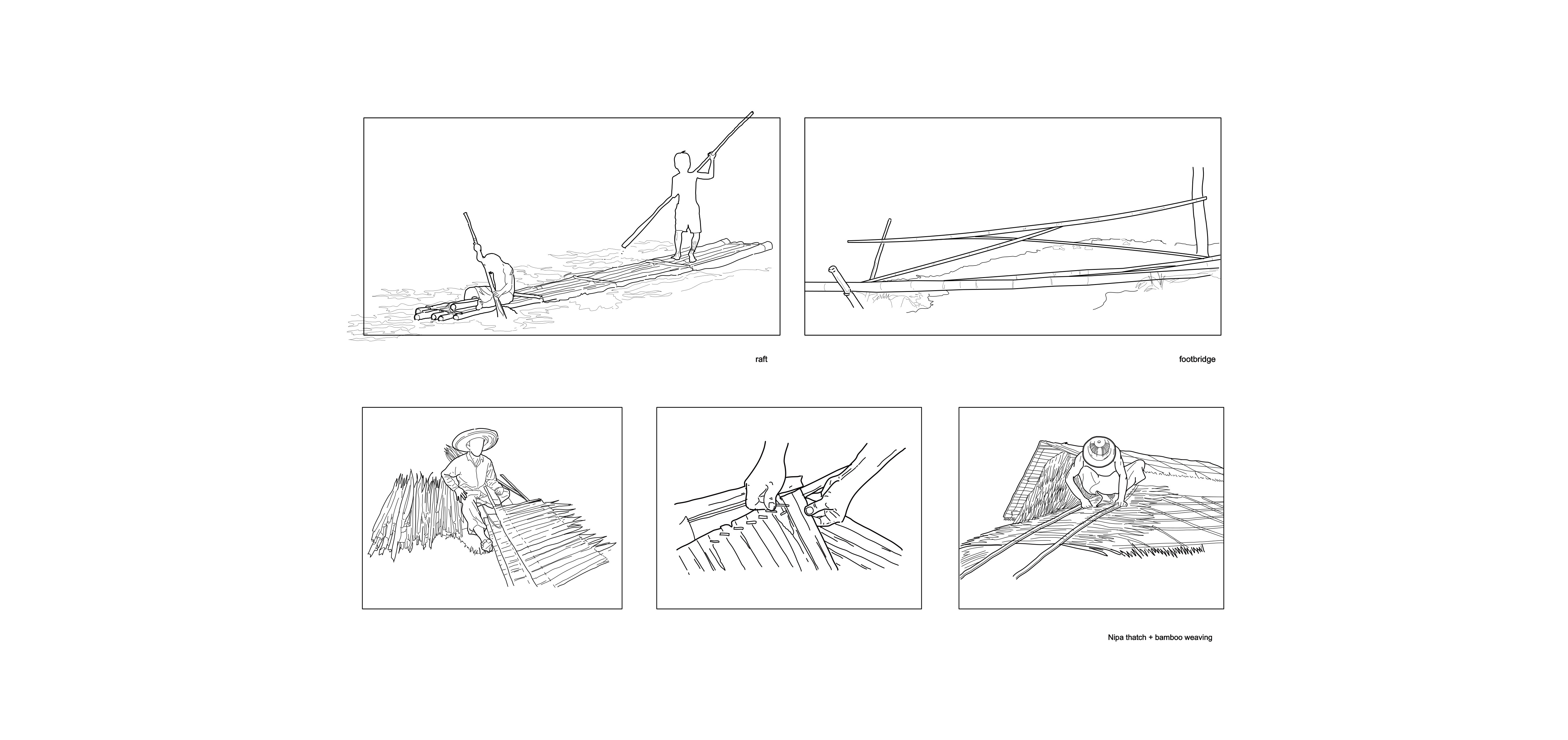
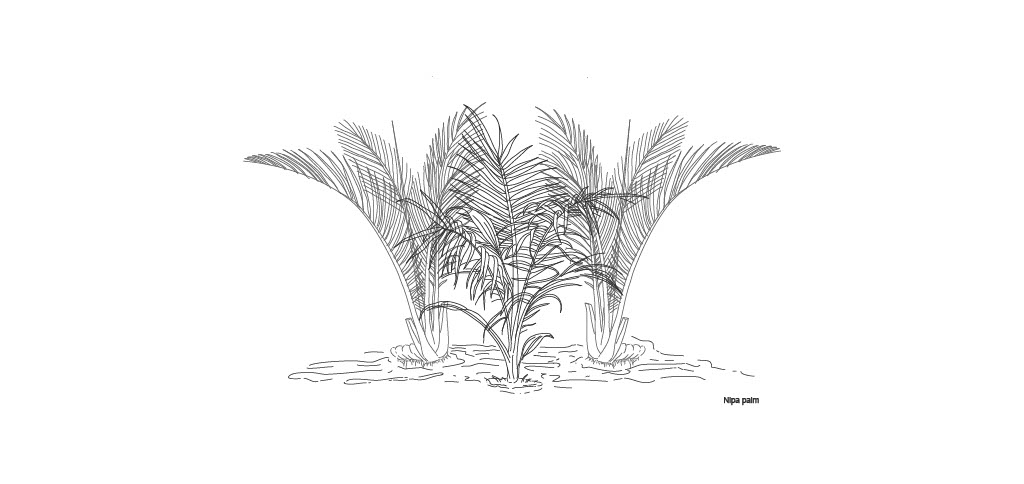

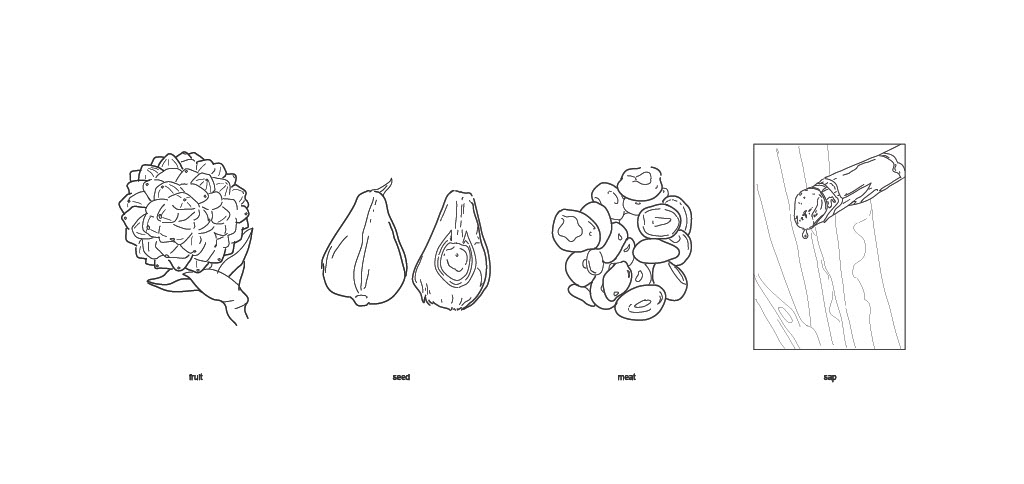

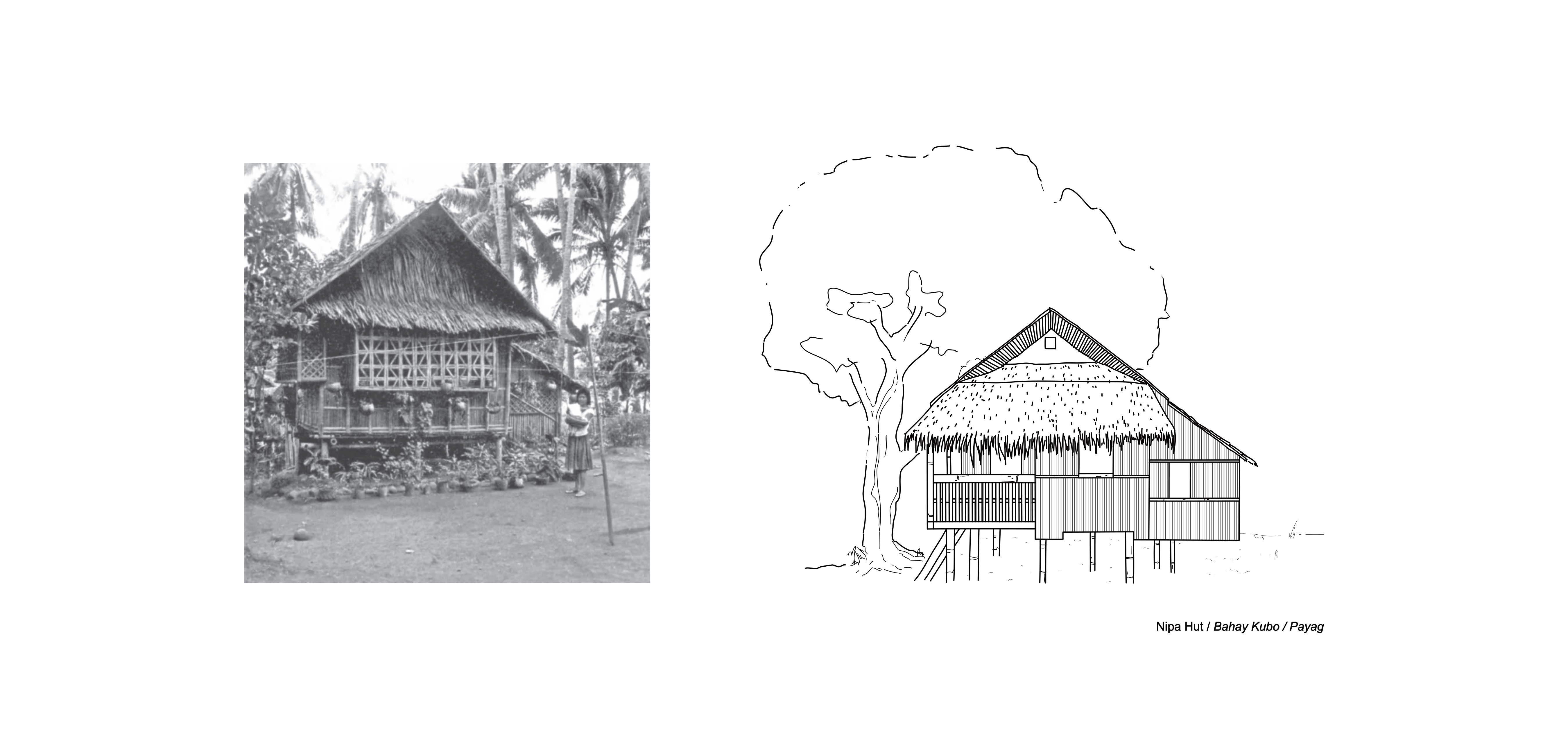

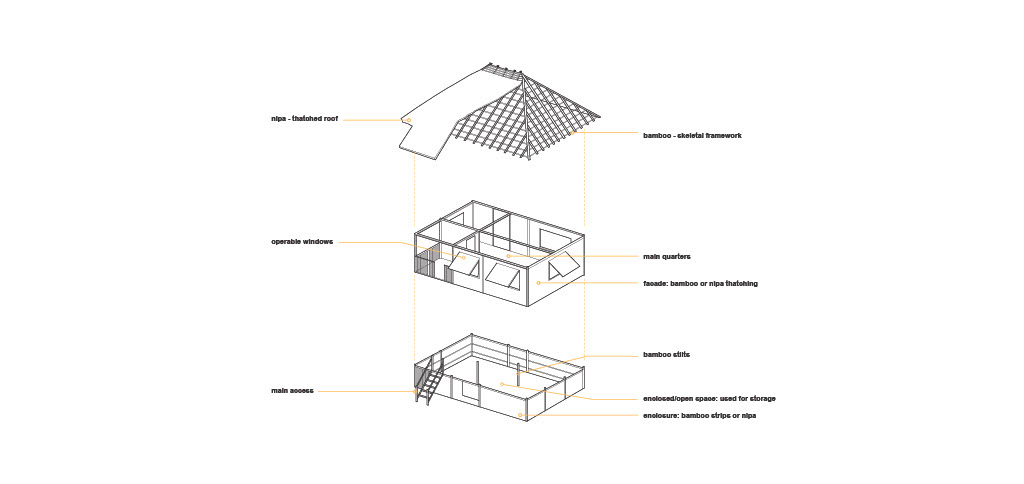
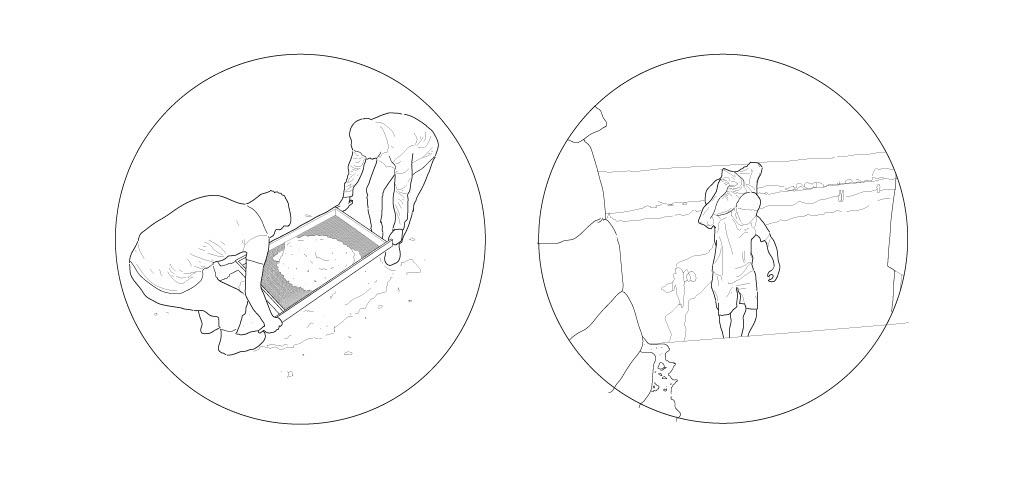
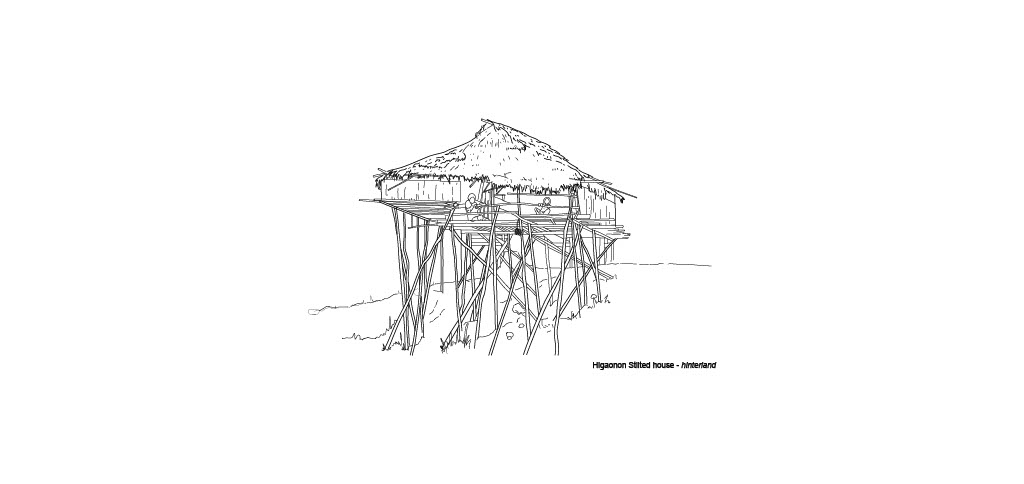
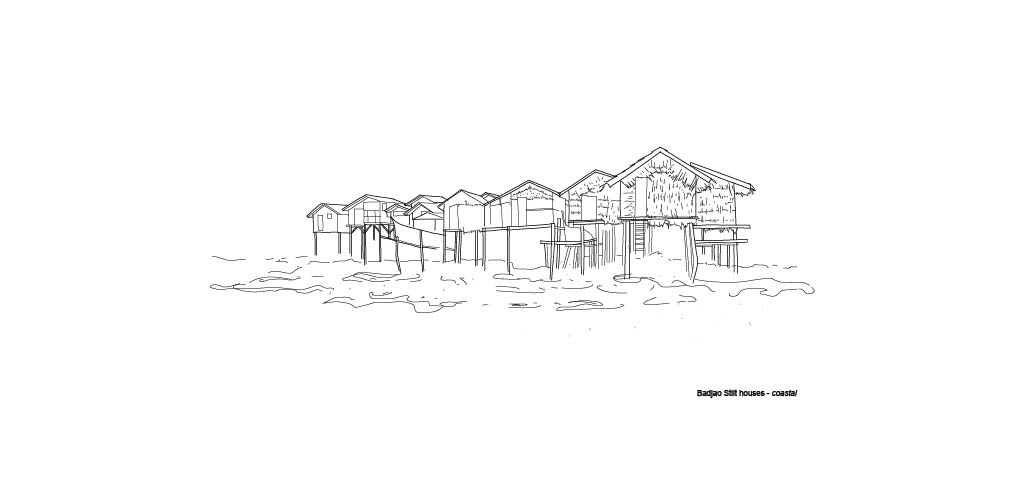

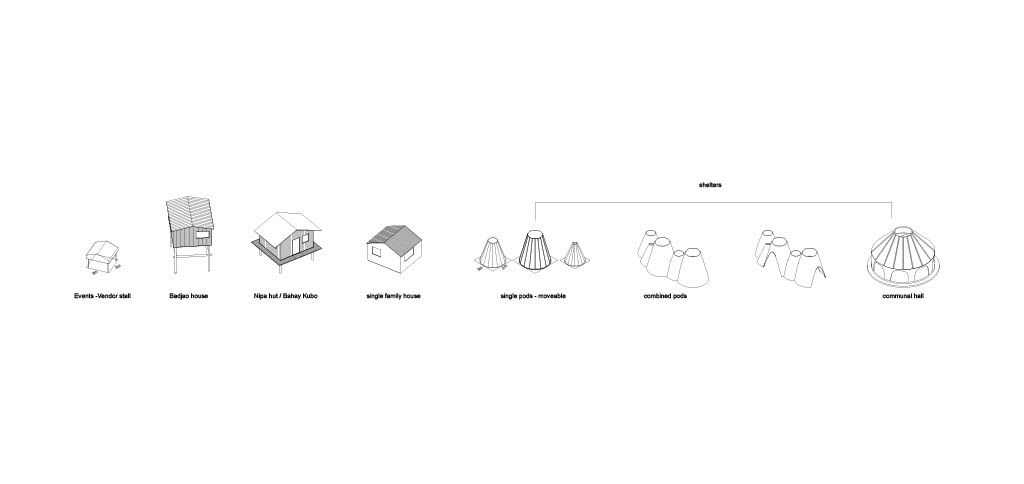

The significance of the street and the in-between spaces as vital, critical, dynamic nodes of linkage from major public realms, settlements, and pathways, to minor public spaces, is explored via spatial and ethnographic research, and design projects of land- and home-based rehabilitation.
The day-to-day, seemingly mundane activities that occur in these spaces are dynamic points of performance and exchanges. Juxtaposed by the major events that take place in celebration of the city’s feast. This project highlights the importance and link formed by spaces of settlements to the city and public realm.


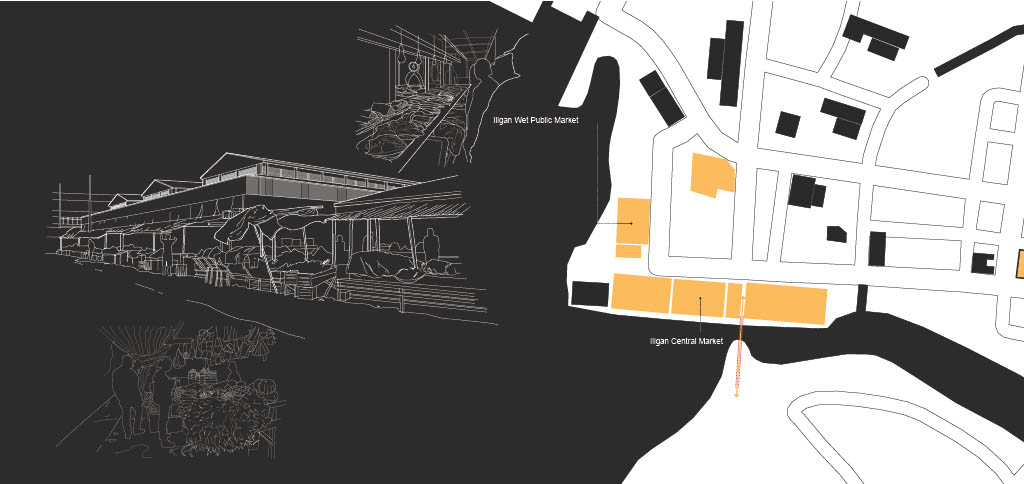


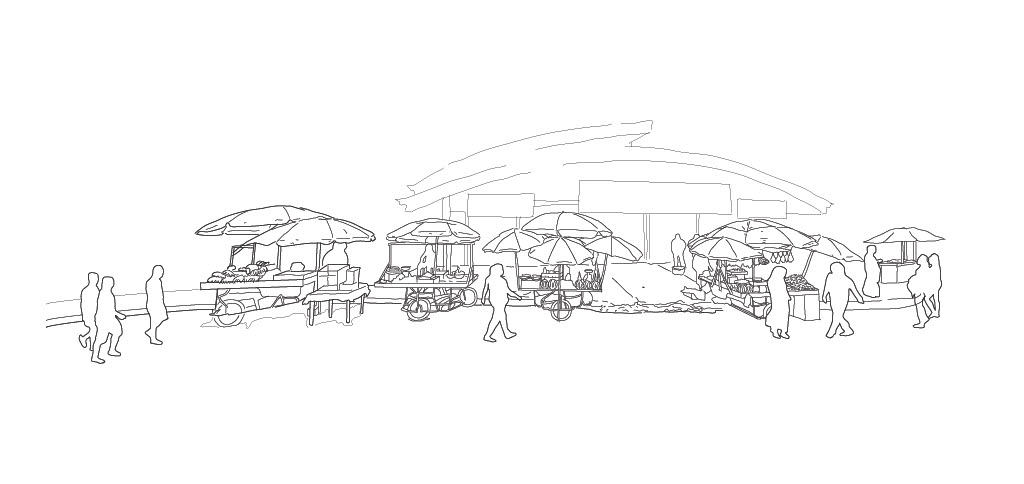
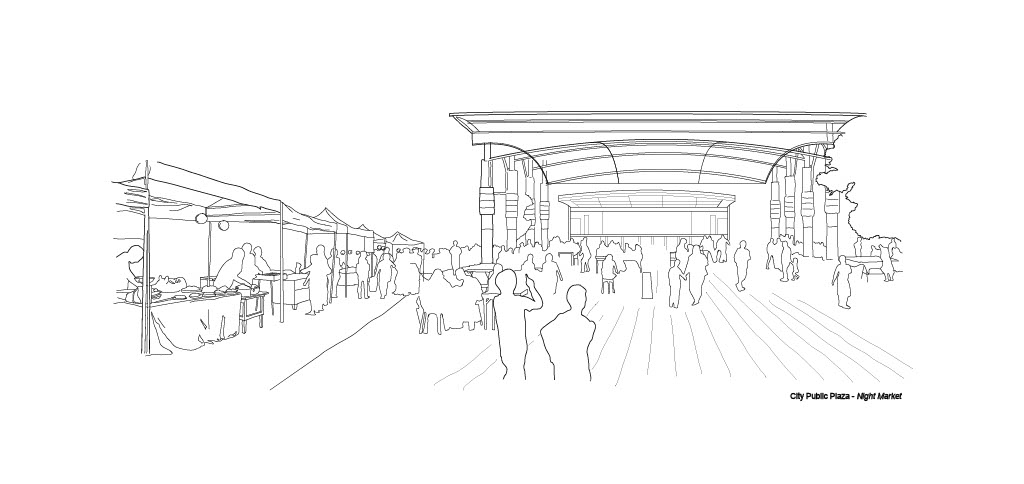

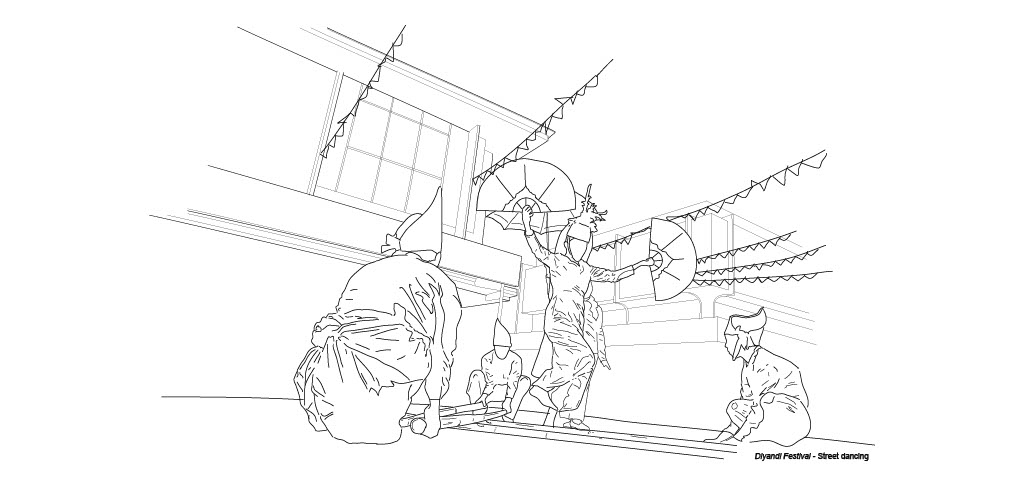

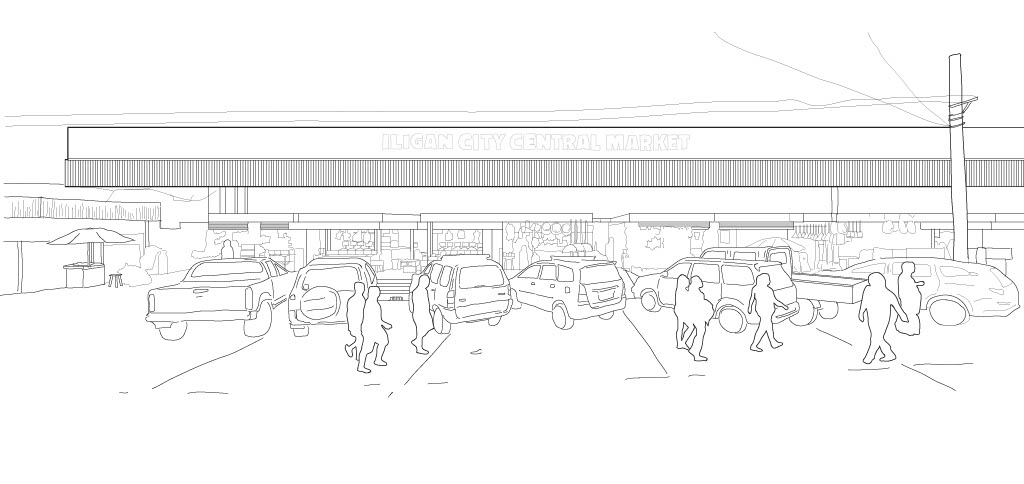
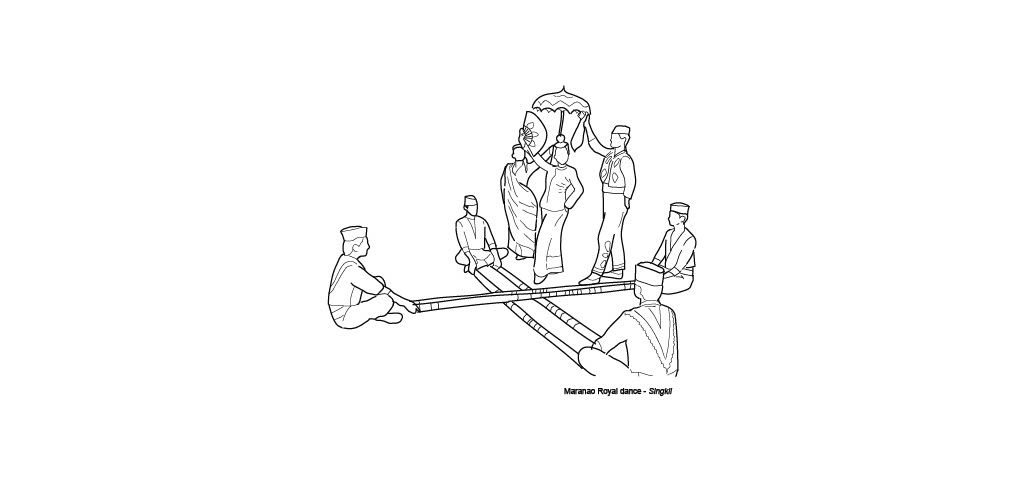


This project challenges the idea of permanence, and encourages appreciation and worth of situated knowledge and material practices, to activate the community by interjecting spaces of gathering, and communal participation in settlements. How can a city’s rich history, rituals and traditions become the foundation of knowledge and practices today? Vis-a-vis, how can communities’ unique identities be celebrated and impact the city? How can a community like Tambacan prompt change and adapt to crises? These are the issues at hand for Tambacan.
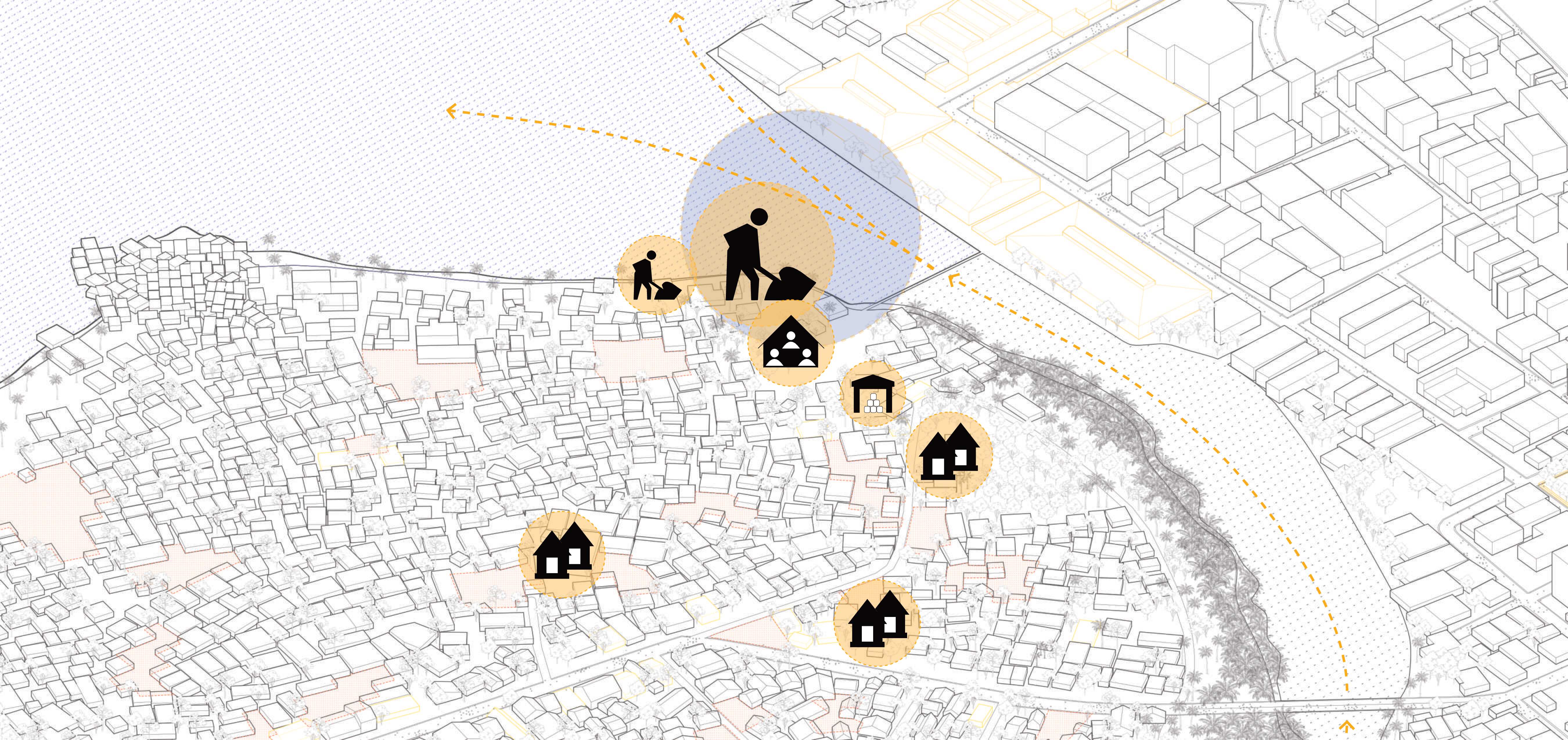









© Archipelago Studio 2020 @ the John H. Daniels Faculty of Architecture, Landscape, and Design, University of Toronto.